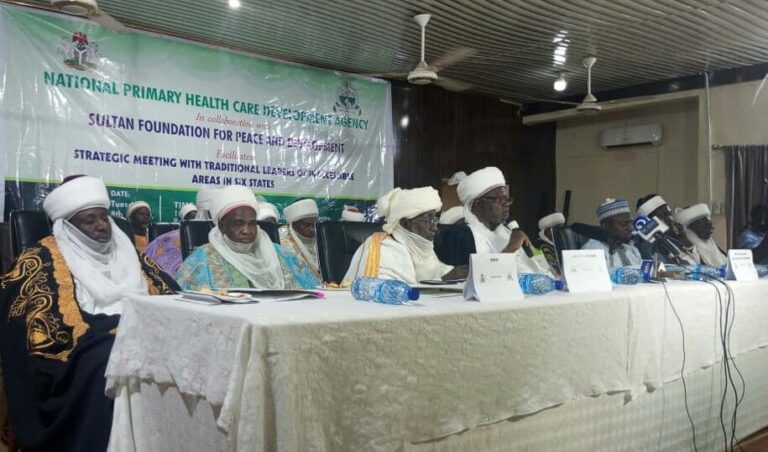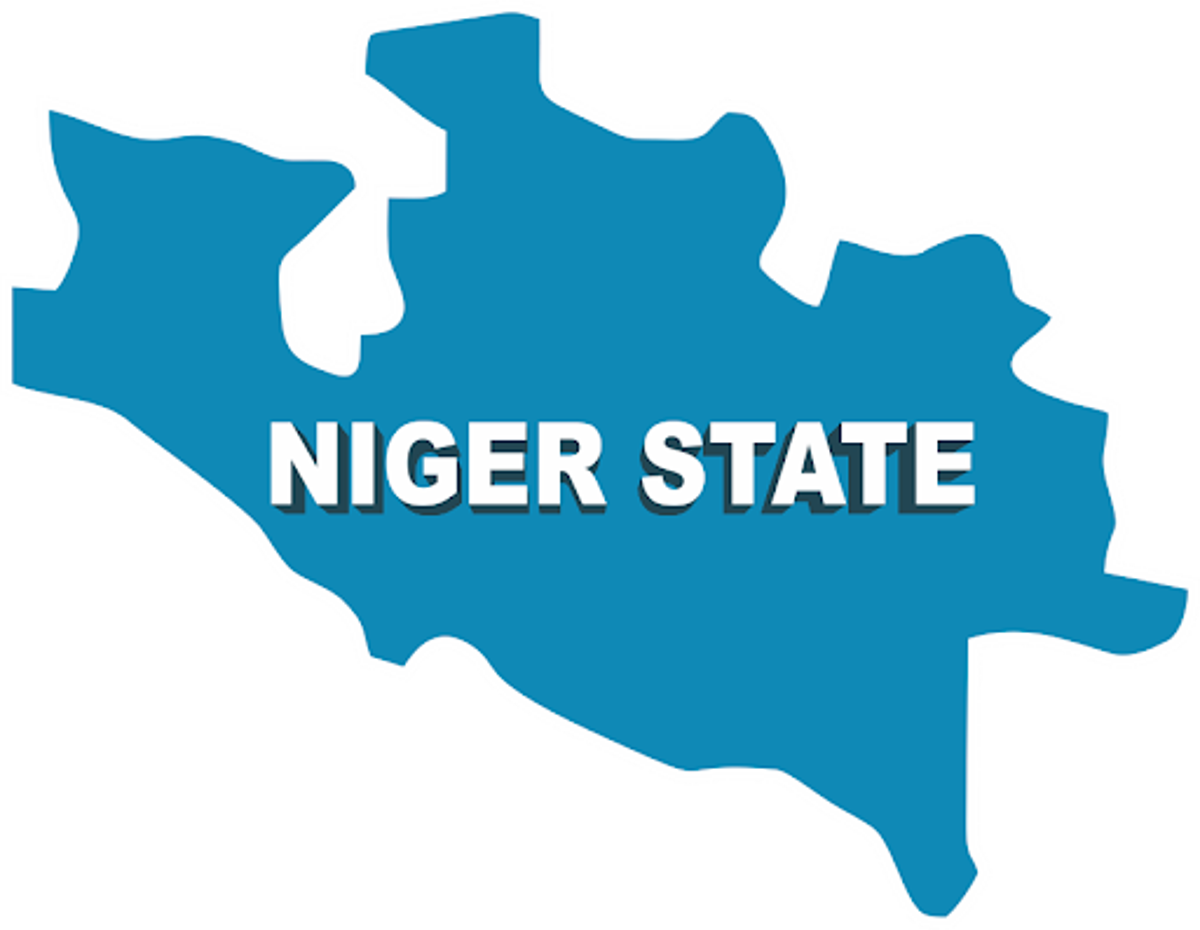
The Sultan Foundation For Peace and Development has said that, zamfara State has recorded about 21 cases of polio virus in five local government areas of the state, which are the worst hit by banditry.
Alhaji Sa’ad Abubakar, announced this at a meeting with traditional rulers from hard-reached areas, development partners and other stakeholders held in Gusau, the state capital.
The meeting which was convened by the National Primary Healthcare Development Agency, in collaboration with the Sultan Foundation For Peace and Development.
The Sultan who was represented by the Coordinator of the Foundation the Emir of Argungu, Alhaji Ismaila Mera, revealed that, from January to date, Nigeria has recorded fifty cases of polio virus, while Zamfara State has 21 cases, which is the highest.
According to him, this become due to security challenges devastated the state that made it difficult for health workers to reach certain communities due to banditry and other related criminal activities.
He observed that, the cases recorded in Zamfara State are responsible for the outbreak of cases in 28 states of the federation, which informed this meeting with traditional rulers from the affected communities, to discuss how to stem the spread of the polio virus.
The Executive Director of the National Primary Healthcare Development Agency, NPHCD, Dr Faisal Shuaib, represented by the Incident Manager of the National Polio Emergency Operation Centre, Abdulkadir Usman, assured that the agency will collaborate with security agencies, to tackle the polio virus in the hard-to-reach communities, to ensure it strengthens the health of children, through the polio vaccination.
The five local governments that are affected by the polio virus in Zamfara include Gusau, with seven cases; Maradun, with Six, Gummi, with five, Maru – two, and Bungudu, with one case.
One hundred and twenty-nine traditional rulers from troubled communities, representatives of the United Nations Children’s Emergency Fund, UNICEF, World Health Organisation, WHO, and other health partners were in attendance
SANI DUTSINMA






